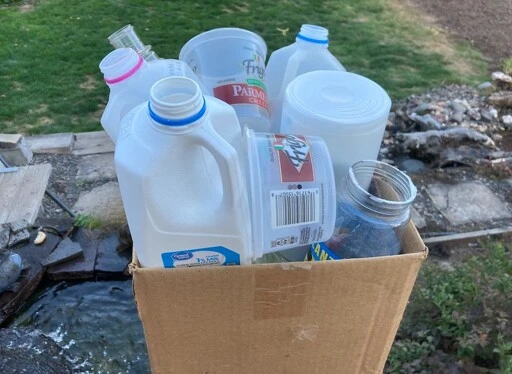Wholesalers sue Oregon over new statewide recycling program
Wholesalers sue Oregon over new statewide recycling program

The National Association of Wholesaler-Distributors claim the Recycling Modernization Act is unconstitutional.

Wholesalers sue Oregon over new statewide recycling program

The National Association of Wholesaler-Distributors claim the Recycling Modernization Act is unconstitutional.

Ahhh... Another instance of "states rights to make their own laws" being "good" - that is unless they impede unfettered capitalism's insatiable need to screw people over for ever more money while denying ANY responsibility for how they do so.
The wholesale distributors claim the law is unconstitutional because, as it’s structured, it gives regulatory authority over the fee schedule and collection not to the state’s environmental quality department but to a private entity — the Circular Action Alliance, or CAA — a nonprofit based in Washington, D.C.
Twenty multinational corporations in the food, beverage, retail and consumer goods industries, including Amazon, CocaCola and Nestle, formed the alliance in 2022. It oversees similar recycling fee programs that are rolling out as a result of new policies in California, Colorado, Maine and Maryland.
OK, seems easy enough to solve. Have one employee in the environmental quality department direct the CAA's operations in Oregon.
Here's the actual complaint underlying the legal complaint:
Eric Hoplin, the wholesaler association president and CEO, said in a statement on the group’s website that Oregon’s law is unfair because it shifts undue burden for disposal costs to distributors who don’t get to make packaging choices.
“Rather than encourage sustainability through a uniform and transparent system where compliance burdens are shared across industries, Oregon chose to shift the burden to the parts of the supply chain that have little to no control over decisions to design, reduce, reuse or recycle a product,” Hoplin said.
I'd expect distribution is the only part of the system that falls under state law, since these items are mostly manufactured elsewhere. Seems like an $8 trillion industry could bring some pressure to bear to help reduce their costs.